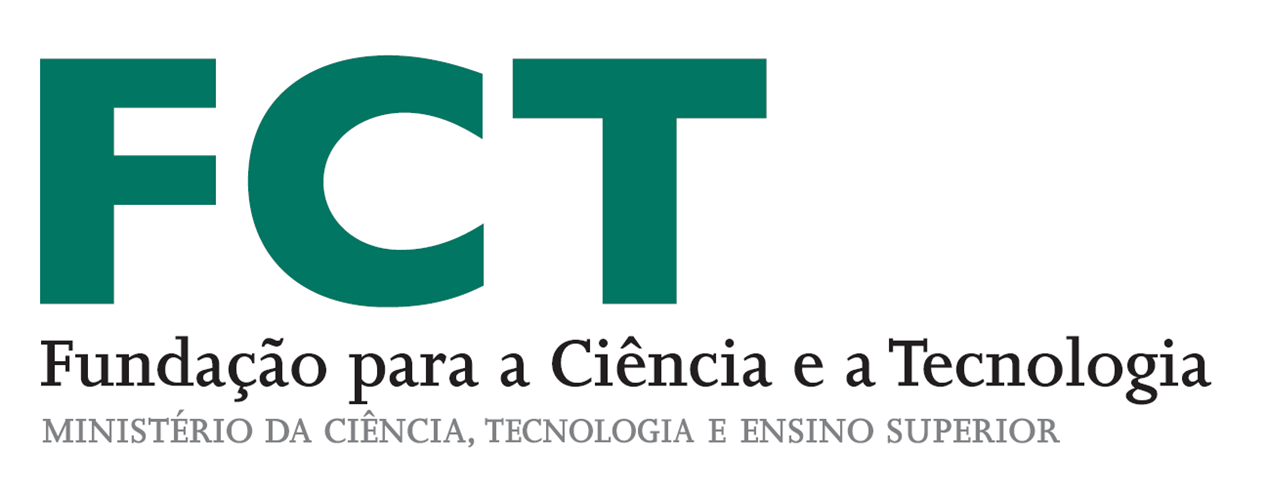CICS presents some diverse research groups, with different thematic axes: (i) Population, Family and Health (PFS); (ii) Organisations, Territory and Development (OTD); (iii) Work, Inequalities and Public Policies (TDPP); (iv) Culture, Science and Identity (CSI), with ongoing research projects with the follow objectives:
1- To characterise the evolution and the social-demographical tendencies in terms of mobility and mortality and how the (non)possession of resources, the economic and social conditions and the gender factor, on the one hand, and on the other hand how the infrastructures, the equipments and health care condition or influence the level of wellbeing of the populations and the way that the families and the local communities contribute to that wellbeing, with the research focusing on the ageing processes and the health and quality of life of the elderly (Research group PFH);
2- To understand the organisational phenomenon, its territorial roots, impacts, modalities and objectives regarding the development and attitudes, which are the conservation and change processes in modern organisations (corporate, municipal), which types of leadership and in what way can the institutional actors and others contribute for the wellbeing and quality of life of the populations (Research group OTD);
3- The importance of work in societies and in people’s biographical trajectories and simultaneously, understand how social work division is one of the bases for social inequalities and how they are articulated with other forms of social inequalities (ethnic, gender, educational, territorial) reflected on the labour market, unemployment, insecurity and other situations of poverty and social exclusion. Finally, find if there are public policies aimed at equity and social justice at the local-regional, national and international levels (Research group WDPP);
4- Interrelations between culture, science and identities (in terms of nationality, sexuality, gender and the respective personal and scientific trajectories), in the framework of modernity and modernisation processes, as well as the effects of science and technology on religious beliefs and the corresponding secularisation. To debate the uses of (bio)technology: not only the benefits but also the risks and uncertainties in environment, food, health and forensic terms, or even in terms of control and political regulation (CSI research group)



 Find Us
Find Us Contacts
Contacts RSS
RSS